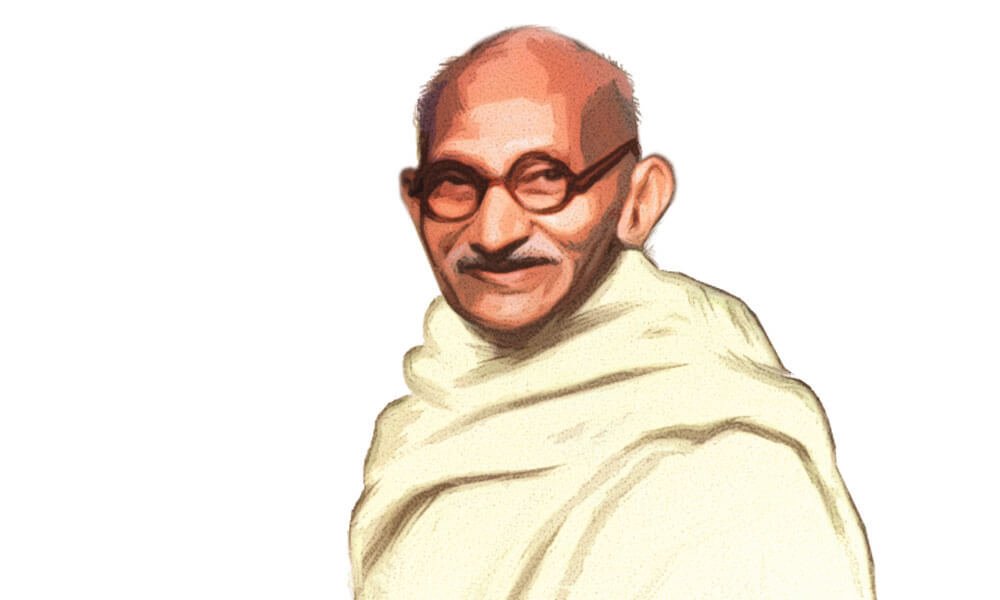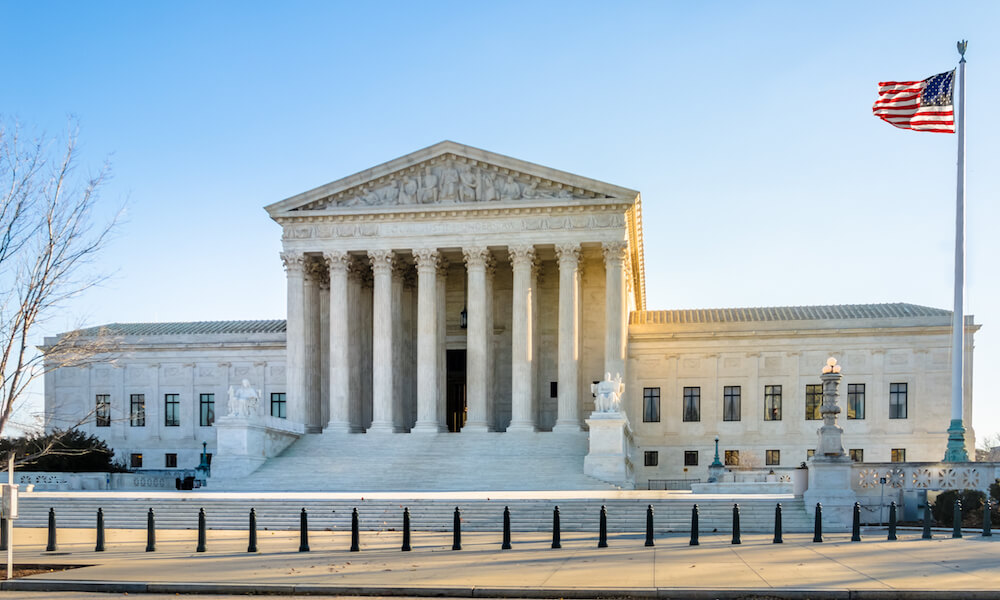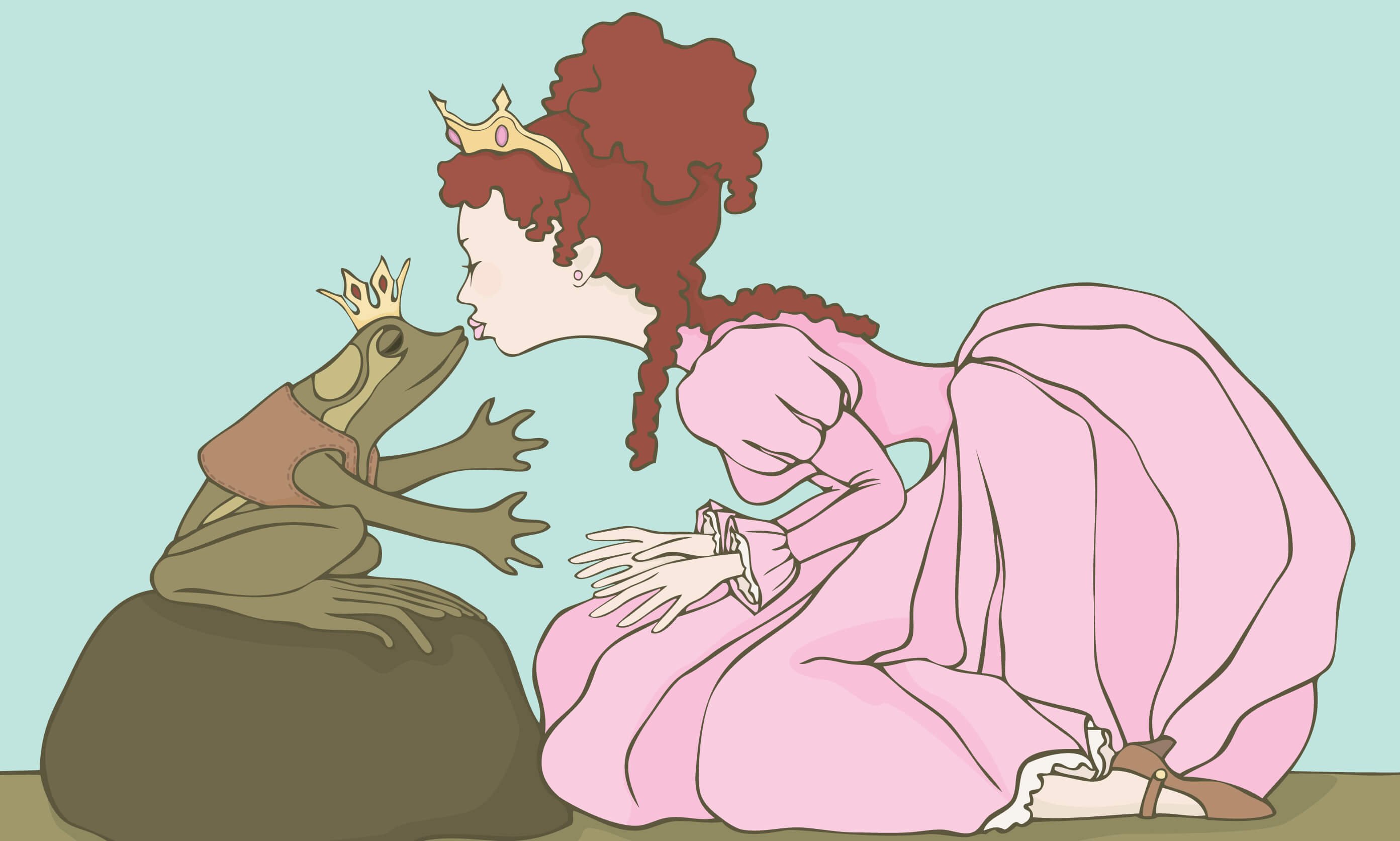The Story of Smallpox and Other Deadly Eurasian Germs
Source: PBS
The European conquest of the Americas in the 1500s was brief and decisive. The established civilizations on this side of the Atlantic Ocean lacked the weaponry of the invaders. More significantly, they lacked immunity to the deadly germs that accompanied the Europeans.












